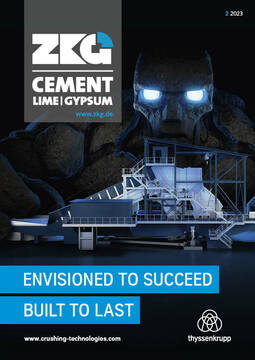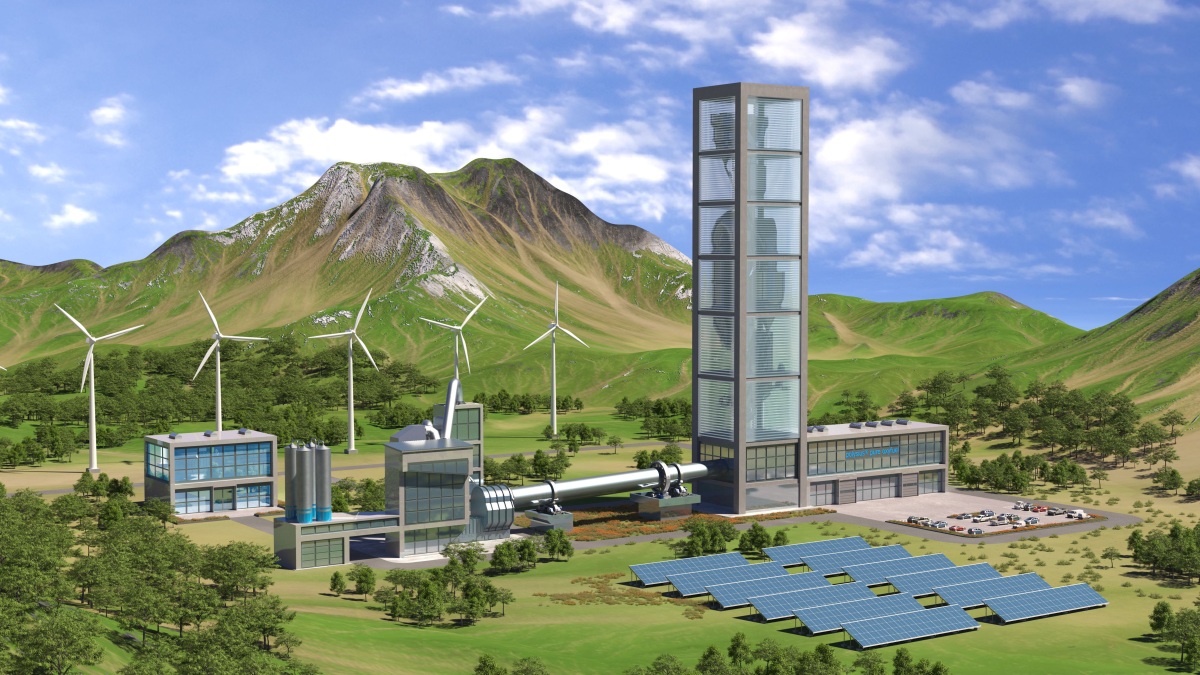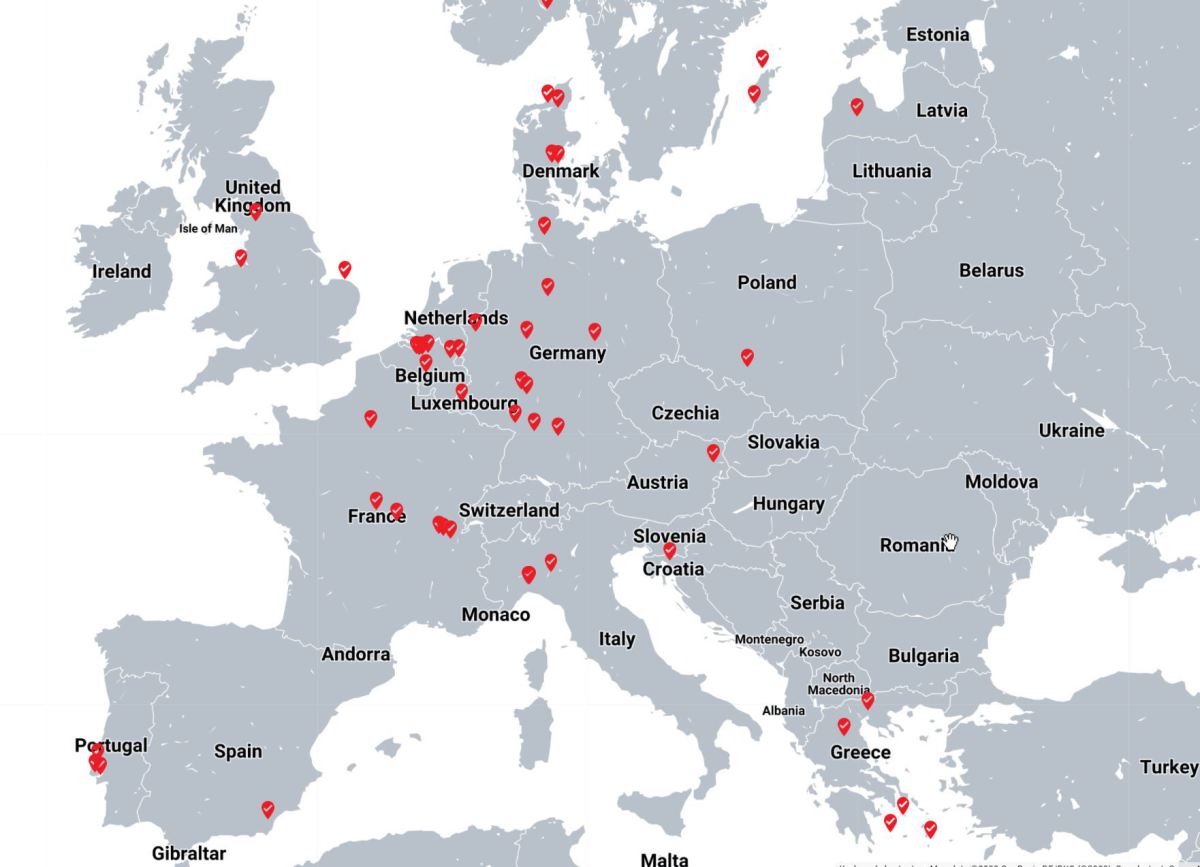Carbon capture deployment requires a thorough debate on CO2 utilisation
Cembureau has reacted to the 2041 phase-out date for industrial CO2 in the Commission draft Delegated Act on renewable fuels of non-biological origin (RFNBOs).
“By proposing an arbitrary deadline on the use of industrial CO2, the European Commission severely restricts the deployment of carbon capture and uti-
lisation (CCU) in the cement sector”, commented Koen Coppenholle, CEO of Cembureau. “We regret that this phase-out date was established without a thorough impact assessment. This risks negatively impacting several ongoing carbon capture projects in the EU, at a time of a global race for green investments”.
Carbon Capture, Utilisation and Storage (CCUS) is a key technology to decarbonise cement production, with many large-scale projects currently being deployed in EU cement kilns. Whilst a number of CCUS projects aim at permanently storing the captured CO2 in geological sites (CCS), some others aim to re-use the captured CO2 in products (CCU), for instance in RFNBOs.
The European Commission’s draft Delegated Act on the greenhouse gas saving criteria for RFNBOs sets the rules under which such fuels can qualify as sustainable. In its reasoning, the European Commission considers that CO2 from industrial sources should not be allowed for the production of synthetic fuels as of 2041, as this would go against the objective of carbon neutrality by 2050. Cembureau strongly challenges this approach from the European Commission:
Synthetic fuels using industrial CO2 make a decisive contribution to climate mitigation in the short to medium term, by considerably reducing the amount of CO2 emissions and reducing reliance on fossil fuels. It is therefore appropriate to allow for the continued use of industrial CO2 until at least 2050
No impact assessment has been presented by the European Commission. In particular, the availability of what the Commission defines as sustain-able sources of CO2 (Direct Air Capture and the capture of biogenic emissions, deemed to replace industrial CO2) in 2040 is unknown
The Delegated Act threatens the viability of existing CCU projects in the cement sector, which require a payback time of 30-35 years
The Delegated Act does not recognize the reality of industrial installations like cement plants, which are faced with unavoidable CO2 emissions, and may not have access to CO2 geological storage sites. For these cement plants, re-using CO2 is the only approach to transition towards carbon neutrality
“We need a real, thorough debate on CO2 utilisation”, added Coppenholle. “At a time we see many carbon capture projects emerging in the sector, it is fundamental that EU policies supports CCU, in addition to the deployment of CO2 transport infrastructure and storage”.
Cembureau, the European Cement Association, issued its carbon neutrality roadmap in May 2020. A large number of innovation projects are currently being deployed by the sector to reduce CO2 emissions. These include a significant number of CCUS projects.




